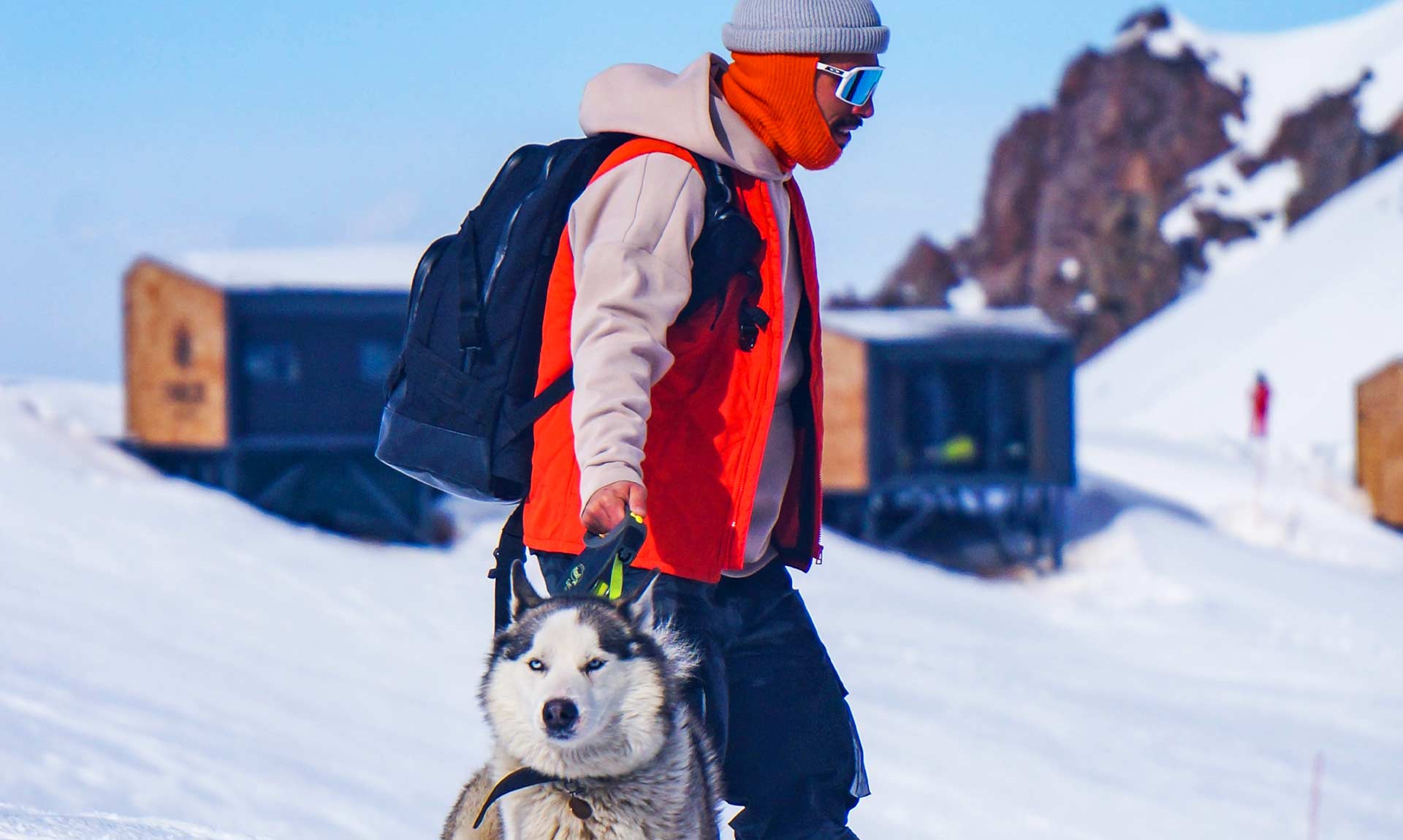Is Anthropologie Ethical or Just Another Fast Fashion Brand? (2025 Update)
When it comes to trendy, artistic fashion, Anthropologie stands out with its unique style and cozy store vibe. But today’s shoppers want more than just good looks—they want to know, how ethical is Anthropologie? This question is important, especially as people care more about ethical fashion and the planet.
Anthropologie is part of the Urban Outfitters parent brand, which raises concerns about its fast fashion roots. Despite its elegant image, does the brand truly support fair labor, eco-friendly materials, and animal welfare? Or is it just clever marketing and greenwashing? Let’s uncover the truth behind this popular brand’s ethics in 2025 and see if it meets today’s higher standards.
What Is Anthropologie and Who Owns It?
Anthropologie is part of the Urban Outfitters parent brand, which also owns Free People. It began in 1992 and quickly grew into a global brand. Today, it has more than 200 stores around the world. Anthropologie fashion is known for its romantic, artistic, and relaxed style. They call themselves a portal of discovery, offering more than just clothes—they sell a lifestyle.
But just because something looks beautiful doesn’t mean it’s good behind the scenes. Anthropologie may feel small and unique, but it’s a big business. Like many large companies, its main goal is to make money fast. This brings us to an important question—is Anthropologie ethical or just another fast fashion brand?
Is Anthropologie a Fast Fashion Brand?

Yes, Anthropologie fits the definition of fast fashion. It makes new clothes quickly and sells them in big amounts. It changes collections often to keep up with trends. This kind of business creates more textile waste and puts pressure on factories to make clothes fast and cheap. That can lead to poor labour conditions and harm to the planet.
Even though Anthropologie charges higher prices, it still follows fast fashion rules. The clothes may feel high-end, but they are made at high speed. This shows that price alone doesn’t mean better ethics or ethical sourcing. A brand can look expensive and still do harm behind the scenes.
Greenwashing or Genuine? Analyzing Their Sustainability Claims

Anthropologie talks a lot about being sustainable. It mentions “conscious choices” and says it supports better sustainability practices. But when we look closer, the facts don’t match the message. There is no clear plan or proof of how much of their clothing uses eco-friendly materials. This makes it hard to trust what they say.
This is a classic case of greenwashing. Brands use words that sound good, but they don’t always back them up with action. Real sustainable fashion brands show what they’re doing. They publish data. They are open. Anthropologie is not clear enough. They need to be more honest if they want people to believe them.
Environmental Impact of Anthropologie’s Operations
The environmental impact of Anthropologie is still a problem. The Good On You rating gives it a Not Good Enough rating. It does use a small amount of renewable energy use, but only in its own buildings. It doesn’t say what happens in its factories, where most damage is done.
There’s no evidence of water reduction initiatives, hazardous chemicals control, or how they cut textile waste. Here’s a simple table to show what’s missing:
| Environmental Area | Efforts by Anthropologie |
| Renewable Energy | Limited, in offices only |
| Eco-Friendly Materials | Some, not clear how much |
| Chemical Control | No proof shared |
| Water Saving | Not mentioned |
| Waste Reduction | No public data |
For a brand this large, this isn’t enough. Shoppers now expect real action, not pretty words.
How Does Anthropologie Treat Its Workers?
Workers are the heart of fashion. But Anthropologie doesn’t share enough about how it treats them. It only scores 11–20% on the Fashion Transparency Index. This means it shares very little about its supply chain transparency. Some parts of its supply chain are checked under the SMETA Best Practice Guidance and BSCI Code of Conduct, but this isn’t the same as full protection.
There is also no evidence that it supports worker safety during health crises or pays a living wage. The brand also doesn’t talk about fair treatment, equality, or COVID-19 safeguards. Fashion should lift people up, not exploit them. Anthropologie has a long way to go in this area.
Where Does Anthropologie Stand on Animal Welfare?

When it comes to animal welfare, Anthropologie is not the worst—but far from the best. It doesn’t use fur, angora, or exotic skins. That’s a good step. But it still uses animal-derived fabrics like leather, wool, and exotic animal hair. It does not have a strong rule to stop animal harm.
There is a general goal to minimise animal suffering, but there is no clear animal welfare policy. In 2025, many fur-free brands are doing better. Ethical fashion means thinking of all lives, human and animal. Anthropologie needs to improve this part if it wants to be trusted.
Is Anthropologie Really Ethical? Our Verdict

So, how ethical is Anthropologie? Sadly, the answer is clear. It is not ethical enough. It fails in many key areas—labour conditions, environmental impact, and animal welfare. The brand still focuses on fast trends, doesn’t offer strong proof of sustainability practices, and lacks full supply chain transparency.
To be a leader in ethical fashion, Anthropologie would need to do more. It should use GOTS organic cotton, low-impact fabrics, and adopt fair labor rules. Until it does, we believe it is still just another fast fashion brand.
Better Brands: Ethical Alternatives to Anthropologie
If you want the same style with better values, you don’t have to give up. Many sustainable fashion brands offer ethical alternatives to Anthropologie. These brands care about people, animals, and the planet. They use deadstock fabric, support made-to-order garments, and use sustainable denim.
Let’s look at some great options:
| Brand Name | Why It’s Better |
| Christy Dawn | Uses surplus fabric, vintage-inspired clothing |
| MUD Jeans | Makes sustainable denim, offers repair and reuse |
| TAMGA Designs | Uses low-impact fabrics like TENCEL and ECOVERO |
| TALI & TASI | Offers made-to-order garments with low waste |
| Whimsy + Row | Uses deadstock fabric, made in small batches |
| Altar | Made in America, offers size-inclusive fashion |
These shop ethical brands show us that looking good doesn’t mean doing harm.
Why Conscious Consumers Are Saying No to Anthropologie

More people are asking hard questions. They want to support conscious consumerism and are tired of brands that say one thing and do another. Social media is full of people calling out fake green promises. The younger generation, especially Gen Z, cares deeply about ethical fashion and won’t support fast fashion anymore.
In many cases, people are choosing better brands even if they cost more. They know their dollars have power. Supporting fair jobs, clean production, and kind animal practices is becoming the norm.
Final Thoughts: Can Big Brands Like Anthropologie Change?
Yes, big brands can change—but they have to want to. Anthropologie has the money, the stores, and the customers. It can do better. But so far, its actions don’t match its image. Being beautiful is not enough. Brands must be responsible too.
To earn trust again, Anthropologie needs clear steps: pay a living wage, stop using animal-derived fabrics, and report real data on its sustainability practices. Until then, many shoppers will choose better brands. And that’s how the fashion world will change for good.
FAQs
Is Anthropologie an ethical company?
Anthropologie receives a Not Good Enough rating from ethical reviewers due to poor labour conditions, lack of supply chain transparency, and limited sustainability practices.
Does Anthropologie use fast fashion?
Yes, Anthropologie follows a fast fashion model with frequent new drops and limited focus on ethical sourcing or long-lasting, low-impact fabrics.
What is the reputation of Anthropologie?
While known for stylish, vintage-inspired clothing, the brand faces criticism for greenwashing and failing to meet modern ethical standards.
Is Anthro owned by Urban Outfitters?
Yes, Anthropologie is a part of the Urban Outfitters parent brand, which also owns Free People and other fashion labels.
Is JCrew fast fashion?
Yes, J.Crew is considered fast fashion due to its mass production, trend-based design cycle, and minimal transparency in labour conditions.
Meta Description
Is Anthropologie truly ethical or just stylish greenwashing? Discover its impact on people, animals, and the planet in this 2025 update.
latest video
news via inbox
Nulla turp dis cursus. Integer liberos euismod pretium faucibua








